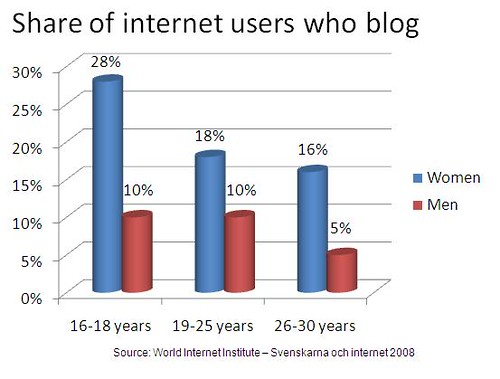Reporters Without Borders has come out with a new version (Update: I am a year late with discovering this book see RSF release article) of its Handbook for Bloggers and Cyber-Dissidents. The handbook offers practical advice and techniques on some easy and some quite complex issues.
Everything from how to create a blog, how to make entries and get the blog to show up in search engine results. It gives clear explanations about blogging for all those whose online freedom of expression is subject to restrictions, and it shows how to sidestep the censorship measures imposed by certain governments, with a practical example that demonstrates the use of the censorship circumvention software Tor.
The handbook is very useful on many levels so blog about it to make sure it gets out there.
